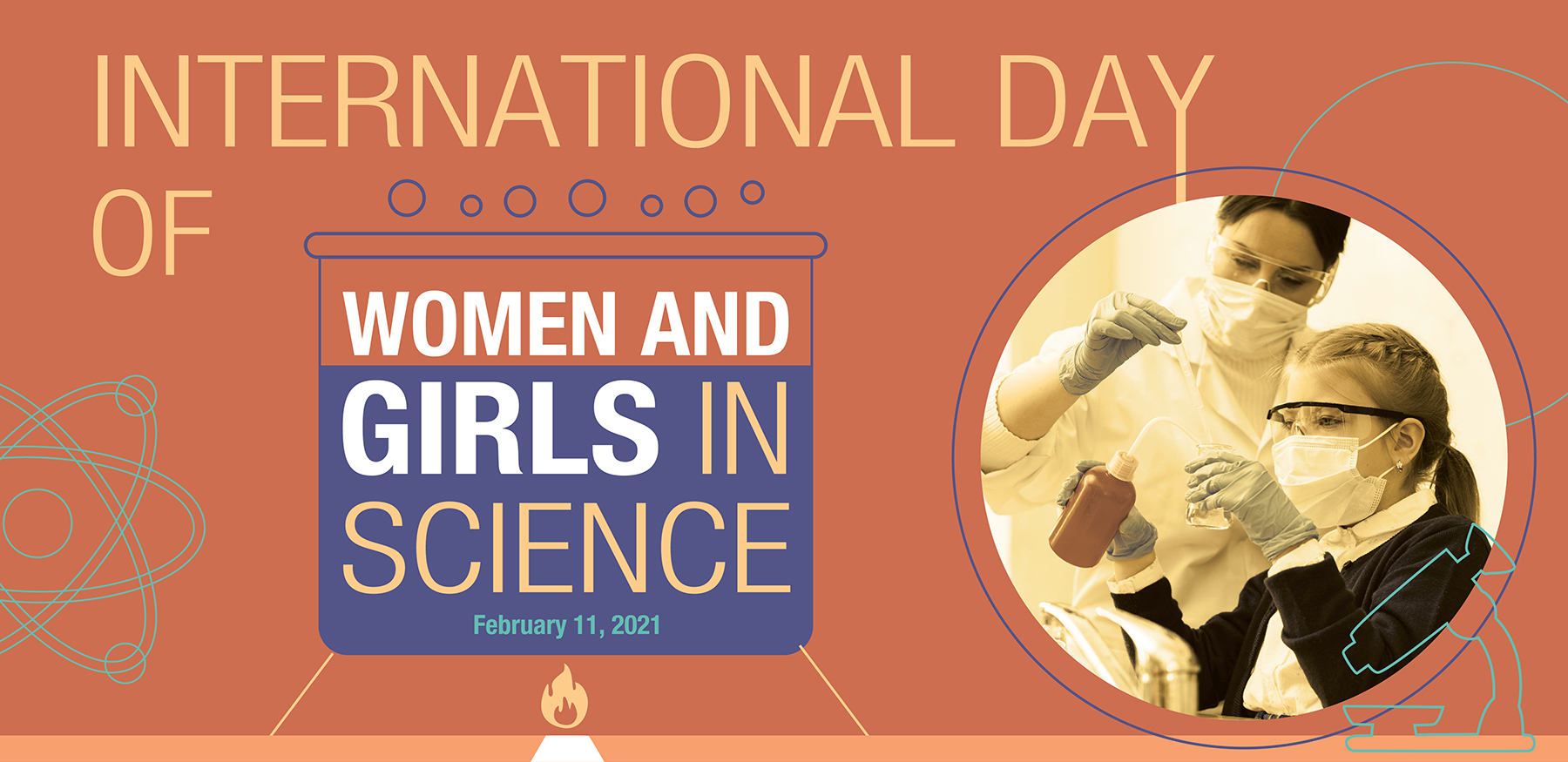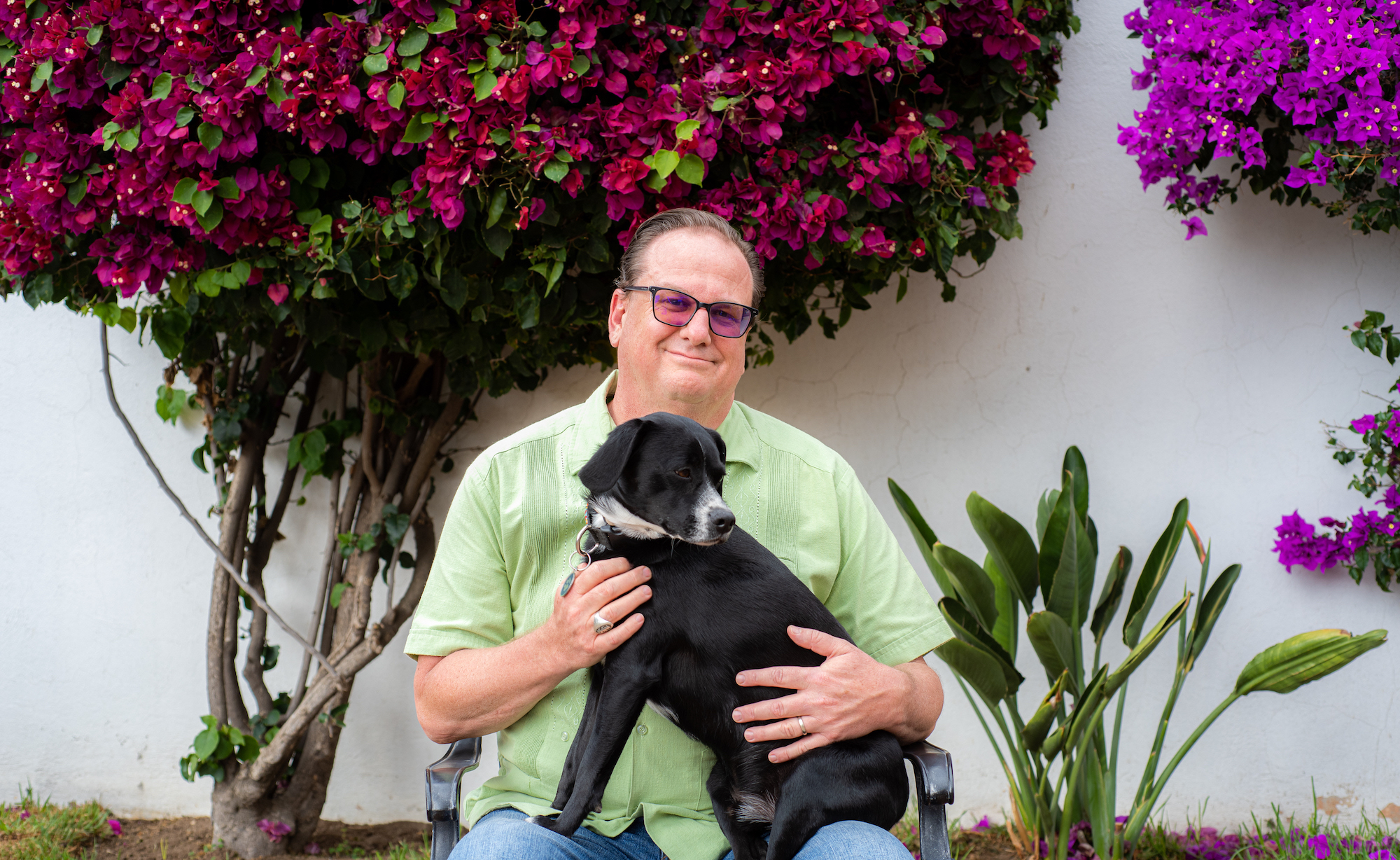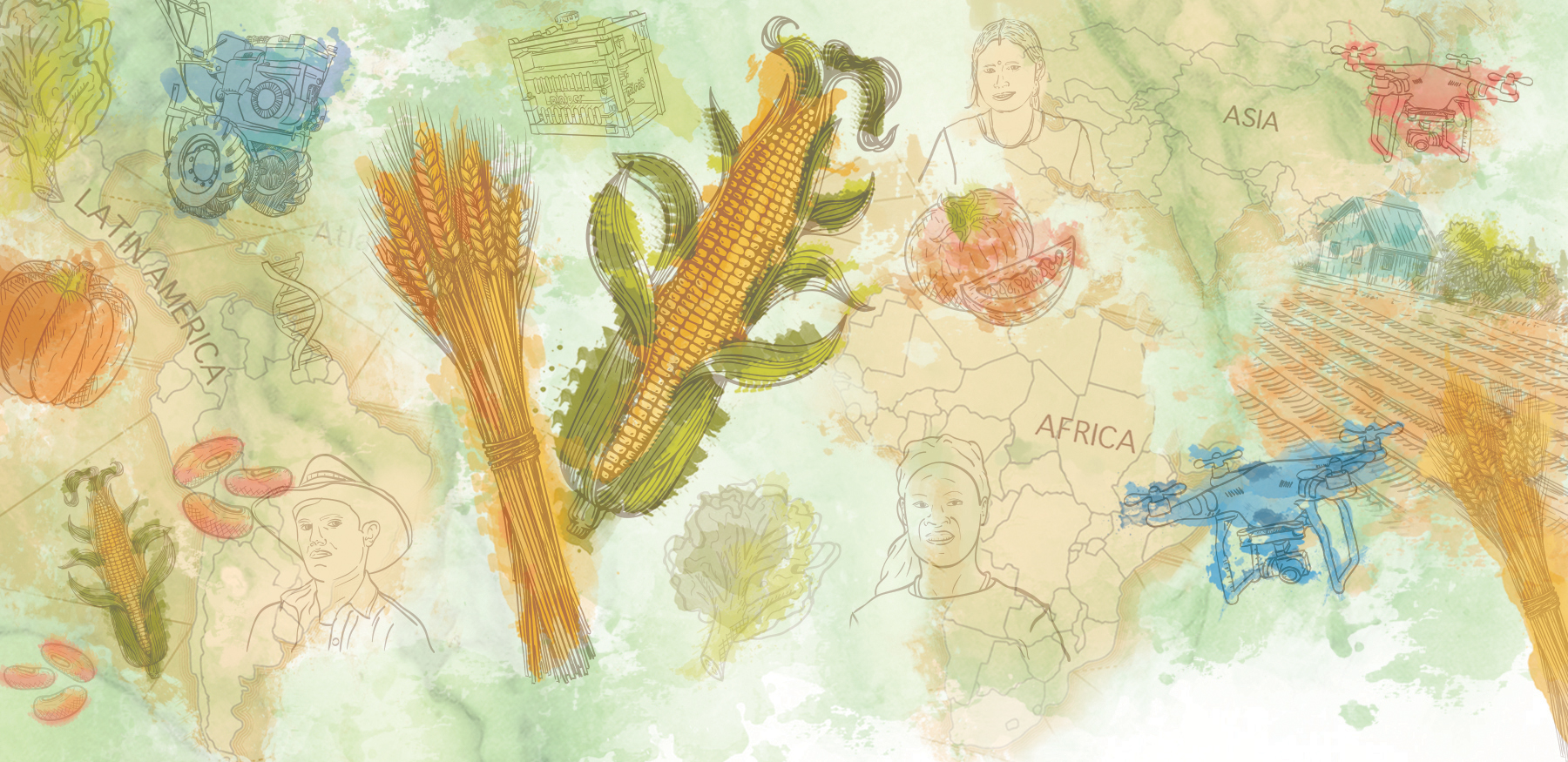
On March 4, 2019, staff from the International Maize and Wheat Improvement Center (CIMMYT) welcomed Gerd Müller, Germany’s Federal Minister of Economic Cooperation and Development (BMZ), for a short visit to CIMMYT’s global headquarters in Mexico. Before exploring the campus and sitting down to hear about CIMMYT’s latest innovations in maize and wheat research, Minister Müller challenged the scientists gathered there by asking: “Is a world with no hunger actually possible?”
“It is possible, but it will require a lot of research and development activities to get there,” replied CIMMYT’s director general, Martin Kropff.
With $3.5 billion generated in benefits annually, CIMMYT is well positioned for Minister Müller’s challenge. CIMMYT works throughout the developing world to improve livelihoods and foster more productive, sustainable maize and wheat farming. Its portfolio squarely targets critical challenges, including food insecurity and malnutrition, climate change and environmental degradation. In addition, over 50 percent of maize and wheat grown in the developing world is based on CIMMYT varieties.

Germany has generously supported CIMMYT’s work for decades in a quest to answer this very question, which aligns with the German government’s agenda to improving food and nutrition security, the environment and livelihoods.
“CIMMYT is working to find ways to allow developing countries to grow maize and wheat on less land so that a larger percentage of it can be freed for nutritious and higher value cash crops. This requires better seeds that are adapted to biotic and abiotic stressors, smarter agronomy and machinery, which CIMMYT develops with partners,” Kropff explained.
CIMMYT works between smallholders and small companies to create an incentive on one side to grow varieties and on the other side, to increase demand for quality grain that will ultimately become the tortillas and bread on customers’ dinner tables. These sustainable sourcing and breeding efforts depend on the breathtaking diversity of maize and wheat housed at CIMMYT’s genebank, the Wellhausen-Anderson Plant Genetic Resources Center, which is supported by German funding along with solar panels that generate clean energy for the genebank.
Through funding for the CGIAR Research Program on WHEAT and the CIM Integrated Experts Program, Germany’s GIZ and BMZ have also supported CIMMYT research into gender and innovation processes in Africa, Central and South Asia, enhancing gender awareness in both projects and rural communities and mainstreaming gender-sensitive approaches in agricultural research. As a result, CIMMYT researchers and partners have increased gender equality in wheat-based cropping systems in Ethiopia, reduced the burden of women’s wheat cleaning work in Afghanistan, and hosted a series of training courses promoting the integration of gender awareness and analysis in research for development.

In addition, the CIM Integrated Experts program has allowed CIMMYT to increase its efforts to scale up agricultural innovations and link research to specific development needs. With support from GIZ and in collaboration with the PPPLab, in 2018 CIMMYT researchers developed a trial version of the Scaling Scan, a tool which helps researchers to design and manage scaling at all project phases: at the beginning, during and after implementation.
CIMMYT is committed to improving livelihoods and helping farmers stay competitive through increasing labor productivity and reducing costs. CIMMYT’s mechanization team works to identify, develop, test and improve technologies that reduce drudgery and enable smallholders in Mexico, sub-Saharan Africa and South Asia to adopt sustainable intensification practices, which require greater farm power and precision. In Ethiopia, CIMMYT has an ongoing collaboration with the GIZ/BMZ green innovation center — established as part of the ONE WORLD – No Hunger initiative — and is working with GIZ in Namibia to provide knowledge, expertise and capacity building on conservation agriculture. This includes the organization of training courses to mechanics and service providers on everything from the use to the repair of machinery and small-scale mechanization services.
“We’re on a mission to improve livelihoods through transforming smallholder agriculture, much of which depends on empowering women, scaling, market development and pushing for policies that would create the right incentives. Partnerships with local and international stakeholders such as Germany are at the core of CIMMYT’s operations and allow for us to have global impact,” said Kropff.
More photos of the visit are available here.


 Gender equality, youth and social inclusion
Gender equality, youth and social inclusion 
